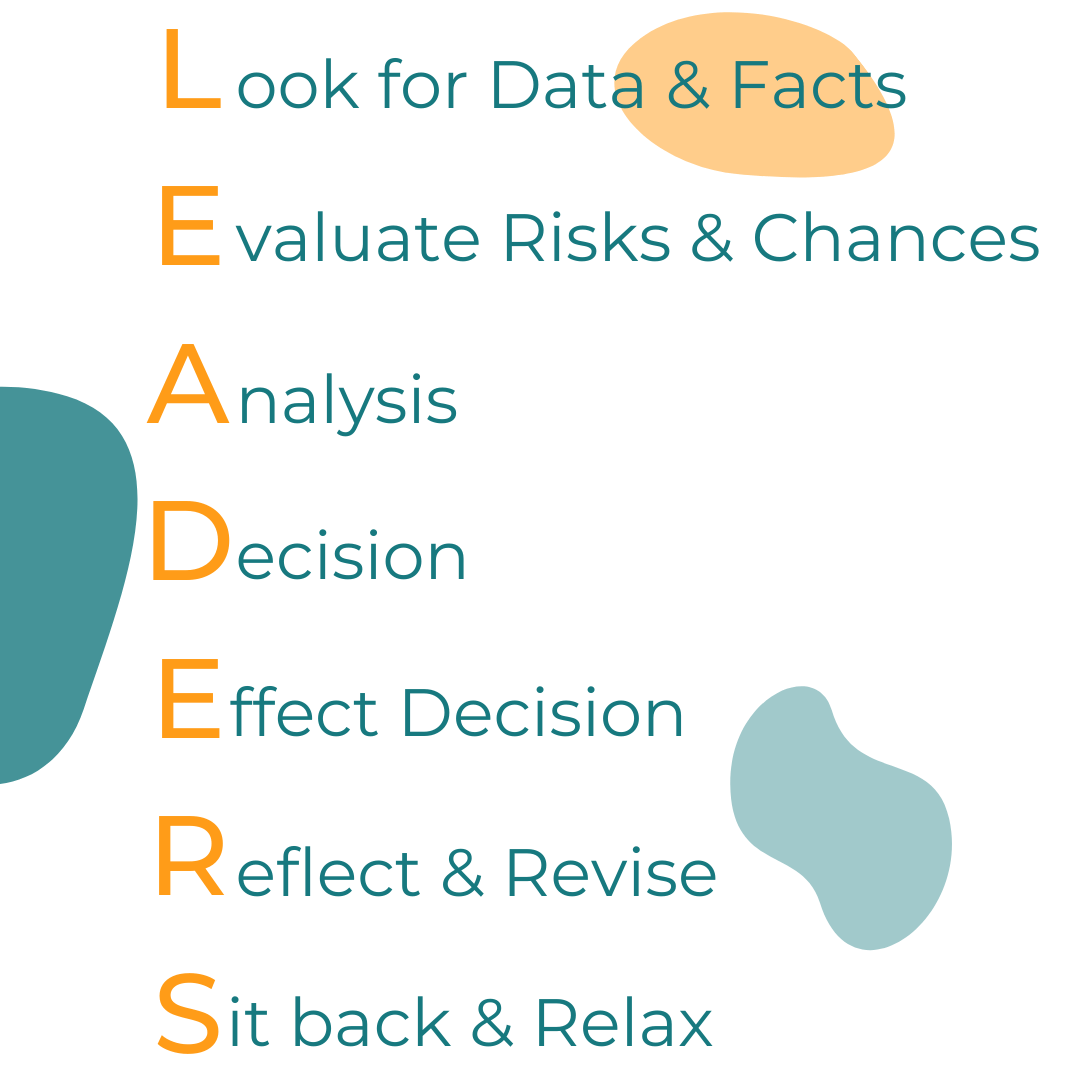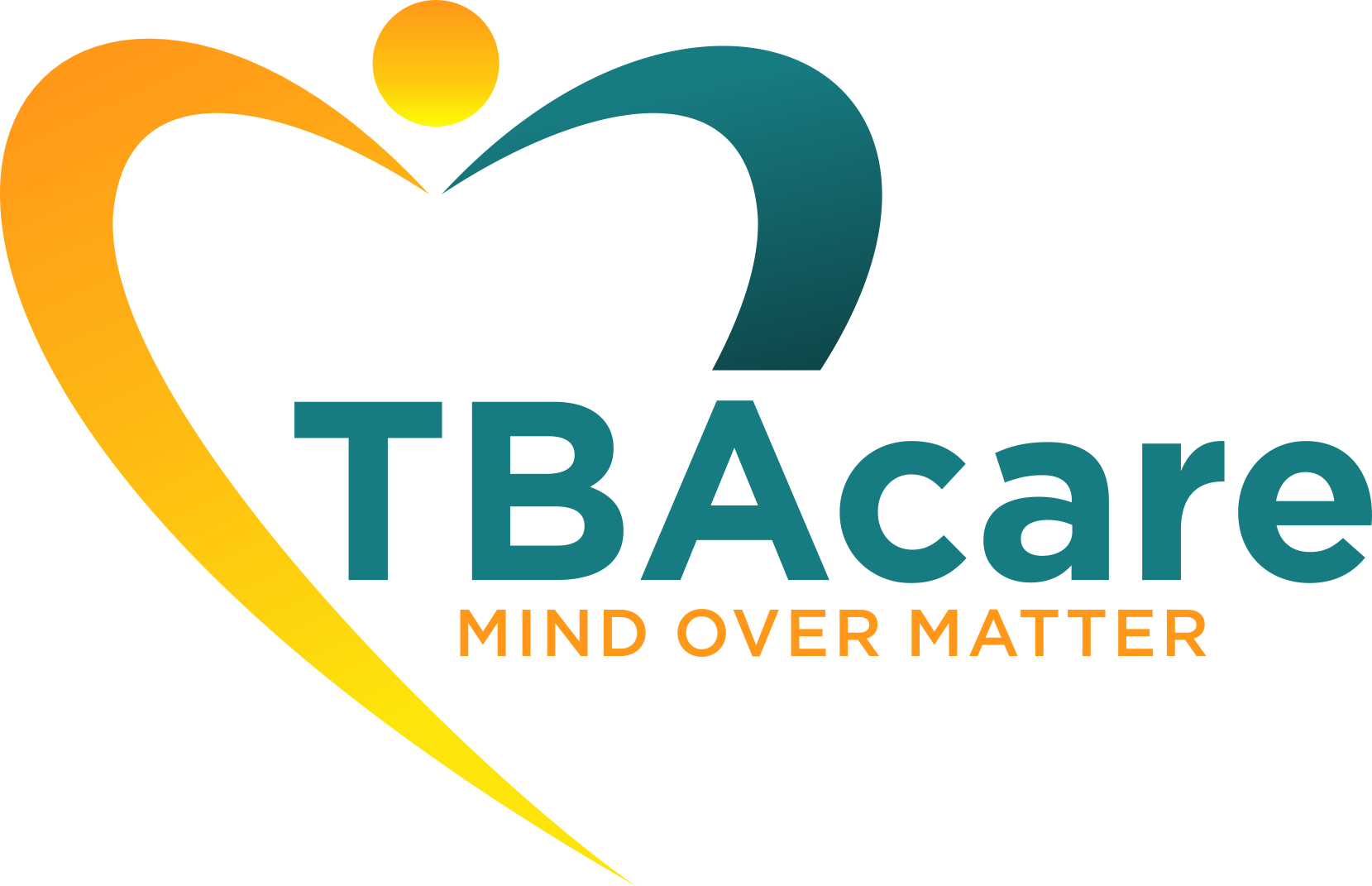Cancer is scary. Cancer is life changing. A cancer diagnosis is, unfortunately, a very global occurrence by now. The numbers are rising steadily, so many lives changed and impacted by one disease. And although every cancer experience is unique, there are common denominators. The shock, the fear, anger, anxiety, grief, and unwillingness to go through this are experienced by most patients and their relatives.
A cancer journey doesn’t necessarily have a fixed start and the same end. But there are different phases of a cancer journey that a patient potentially has to go through.
We have defined such phases, 6 in total, to structure a cancer journey roughly chronologically and to acknowledge each and every one’s experience. These phases do not apply to every cancer journey, but they help us to pay attention to the most urgent questions, the most present feelings and fears that may come up during different moments or that change overtime.
The six phases are the
1. Suspicion Phase

As mentioned before, these are only potential phases. Not everyone will have a suspicion phase, not everyone will experience a cancer recurrence. And phase six, confronting mortality, is not really a phase at the end but rather one that accompanies all other phases.
We found that, no matter which phase a cancer patient or their relative is in, the support system, available care and the state of mind are factors that have an enormous impact on the other phases and the overall outcome.
In this blogpost, we want to start at the beginning. When there is a suspicion of cancer.
To describe these phases and stay true to what we, as TBAcare, promote, we want to look at this phase in its entirety and that means considering the perspectives of a cancer patient, the relative of such patient and a cancer coach.
In this suspicion phase, Aunt Millie is waking up one morning, noticing a slight change. She can’t quite put her finger on it but goes about her day. When she is checking her breast a couple of weeks later, she notices a lump. And all of a sudden, it’s there. The thought. Could it be cancer? Aunt Millie is shaking her head, telling herself it’s probably nothing and nothing dramatic. She’s determined to put this out of her mind and just act normal.
And yet… the thought never seems to quite leave her mind. She becomes absentminded and slowly starts to worry.
Her family, and especially her husband Edwin, soon notice a change within Millie. Their questions are being waved away, “it’s nothing.” Now Edwin starts to worry, because there definitely is something going on, but he just doesn’t know what. And Millie won’t talk to him. What’s he supposed to do?
We will say this, again and again:
Seeking support even during the suspicion phase, when it’s not even confirmed yet if it’s cancer or not, is highly recommended.
Worries and nervousness take their toll not only on the person suspecting something, but also the entire close social circle around them. Even unspoken things will change family dynamics.
It is very likely that this phase will pull the possible cancer patient and their relatives in different directions – going to the doctor for a check-up or not? Do I tell someone, or not? Am I overreacting? Will they think I’m ridiculous if it turns out to be nothing?
This is where Anna, the Cancer Coach, comes in. She can offer support in a variety of ways: Encourage Millie to make clear decisions; help her and Edwin to deal with these worries and fears.

One tool that we like to use when it comes to making decisions, is being LEADERS.
The acronym stands for a series of actions that will lead to a decision and, most importantly, give effect to that decision while keeping in mind that, over time, some decision might need to be revised.
Check out this free preview lesson in our “Become a Cancer Coach”-Program to find out more about it.
What we can take away from this suspicion phase:
- Not every cancer journey starts this way!
- It is not too early to look for support from a coach or therapist
- Having a suspicion will impact not only the patient but also his/her family – whether the suspicion is spoken about or not
- Making decisions is hard – Being LEADERS can help
We will see you and Millie in the next phase: the Diagnosis and Treatment Planning Phase
Your TBAcare Team
![]()
